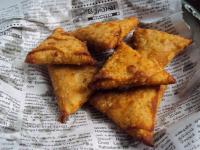Do You Know: Six foods eaten across country but are not Indian in origin
By Lokmat English Desk | Published: March 10, 2023 08:17 PM2023-03-10T20:17:34+5:302023-03-10T20:17:34+5:30

Samosas, Gulab Jam, Jalebi, these foods make your mouth water. Street food is very famous in India. Spices are produced on a large scale in our country. But some of the foods that we consider as ours today are not ours but their roots are far away.
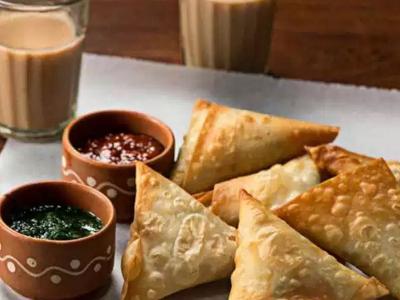
Samosa is a favorite dish in India. Samosa is not an Indian dish but its origin is Iranian. The word 'Samosa' is derived from the Persian word 'Sambusak'. The first samosa was prepared using non-veg ingredients. But then make it using other spices and potatoes.
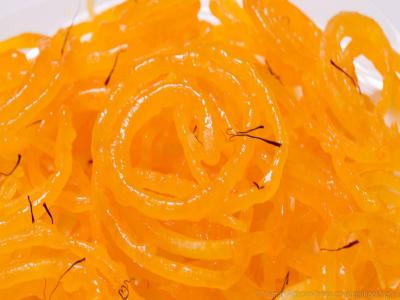
Jalebi is a very famous sweet dish among Indian people. Also known as Jillapi in Bengal and Jalepi in Assam. Jalebi has its historical beginnings in the Middle East. The Arabic cookbook Kitab al-Tabiq mentions a Middle Eastern dish of the same name as Jalabih.
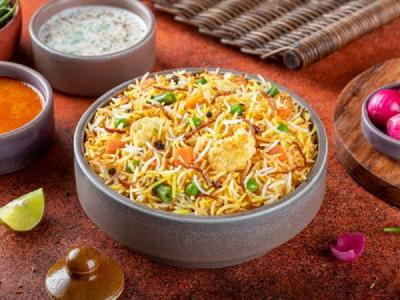
Biryani is a popular food mainly made in the Indian subcontinent. Biryani is an Urdu word derived from Persian. Its roots can be found in Muslim rule.
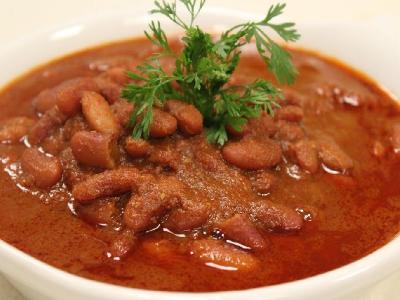
Rajma Chawal is very popular. But rajma beans came to India from Portugal and the method of boiling it came from Mexico.
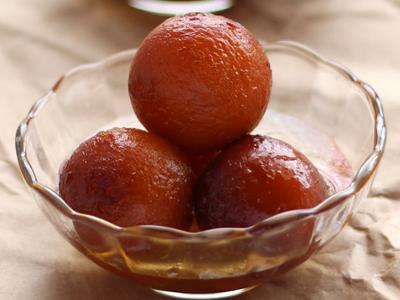
The soft Gulab jamum of Khava dipped in soft sugar syrup melts in the mouth. Be it a festival or event, Gulab Jam is a must in India. However, this substance is not Indian, but comes from Persian countries. Gulabjamla Lokma and Lukmat-al-Qadi as m in Persian country.

Many mornings are incomplete without steaming tea. First of all, tea was made in China. According to a legend, around 2700 BC, the Chinese ruler Shen Nung was sitting in a garden drinking hot water. Then a leaf of a tree fell into the water, and its color changed and so did its smell.


















